TEHRAN (Bazaar) – Professor Paul Pillar, who was CIA intelligence analyst for 28 years, says Oman is one of the best-placed, and based on experience, one of the most qualified, potential mediators between Iran and the United States.
“I do not expect a resumption of formal negotiations in Vienna any time soon,” Pillar told Bazaar News Agency.
Following is the full text of the interview:
Q: Iran's Foreign Minister Hossein Amir-Abdollahian announced during his recent trip to Oman that he had received plans to revive the JCPOA. On the other hand, the Sultan of Oman is scheduled to visit Iran. It seems that the Sultan of Oman's visit to Iran can pave the way for beginning the nuclear talks. What is your assessment?
A: Oman is one of the best-placed, and based on experience, one of the most qualified, potential mediators between Iran and the United States. It is good for the Omanis to be involved, but whether recent meetings contain substance that could be built upon in future talks is impossible to say.
Q: The details of the plan that Oman informed Amir-Abdollahian will not be published. But before that, it was announced that the US wants an interim agreement, which Iran rejected. It seems that Muscat's plan is related to this proposal. What is your assessment?
A: Some kind of less-for-less agreement, whether or not it is described as an interim step toward something bigger, is currently more likely--if any such agreement is possible--than full restoration of the JCPOA. There is still reason to doubt, however, how much priority the U.S. administration would be willing to give to seeking such an agreement. One possible complication for the Biden administration is that any new agreement that was not a simple restoration of the JCPOA would be subject to a new review by Congress, where the Republicans would vigorously oppose it. The way the review is structured, a new agreement might still survive, but this is not the kind of political fight that Biden--who recently announced his intention to run for re-election--wants to have.
Q: It was recently announced that European countries had a meeting with some non-permanent members of the UN Security Council in order to investigate the activation of the snapback mechanism against Iran. Do you think this is more of a promotional issue or not?
A: Although the snapback mechanism specifically had to do with Iranian compliance with the JCPOA, Iran's role in supporting Russia in its war in Ukraine is now greatly affecting European thinking. It is possible that Europeans may use Iran's exceeding of the JCPOA enrichment limits--even though it was the U.S. that had earlier violated the agreement--as a basis for invoking snapback, while the main European motivation has to do with Russia and the Ukraine war rather than nuclear matters.
Q: Some sanctions related to Iran's missile and drone program (Under sunset clauses) will be lifted this October. To what extent can this encourage the other side of the JCPOA to start talks?
A: I don't think passing this milestone will help. More Iranian activity regarding missiles and drones will just energize hawks in the United States and Europe. And I don't see how being freed from some of the JCPOA limitations will increase Iran's motivation to negotiate.
Q: Based on recent developments, to what extent do you consider the beginning of talks probable?
A: There probably will be informal, unannounced testing of the waters through the Omanis or some other means. But I do not expect a resumption of formal negotiations in Vienna any time soon.

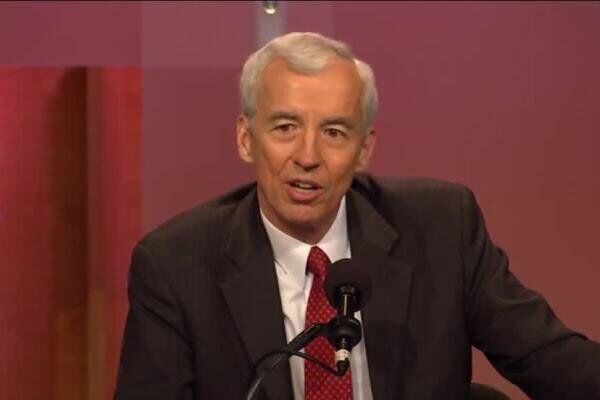



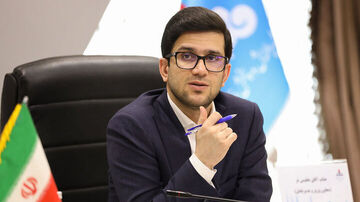


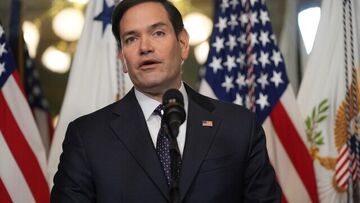
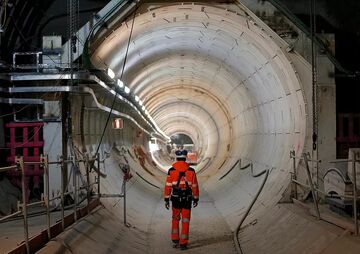
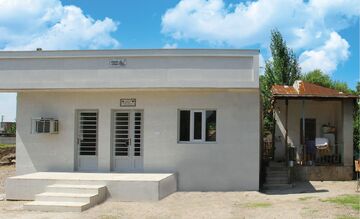
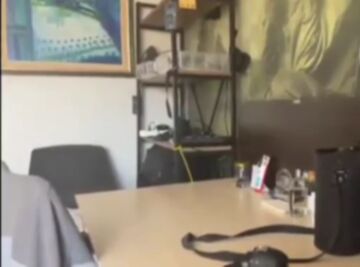
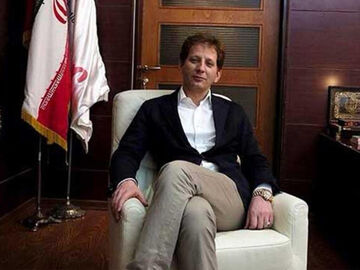
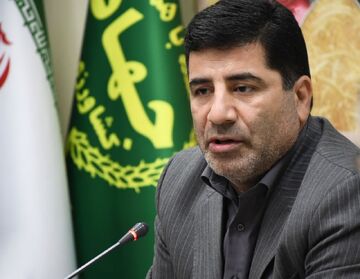
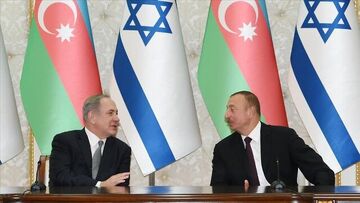
نظر شما